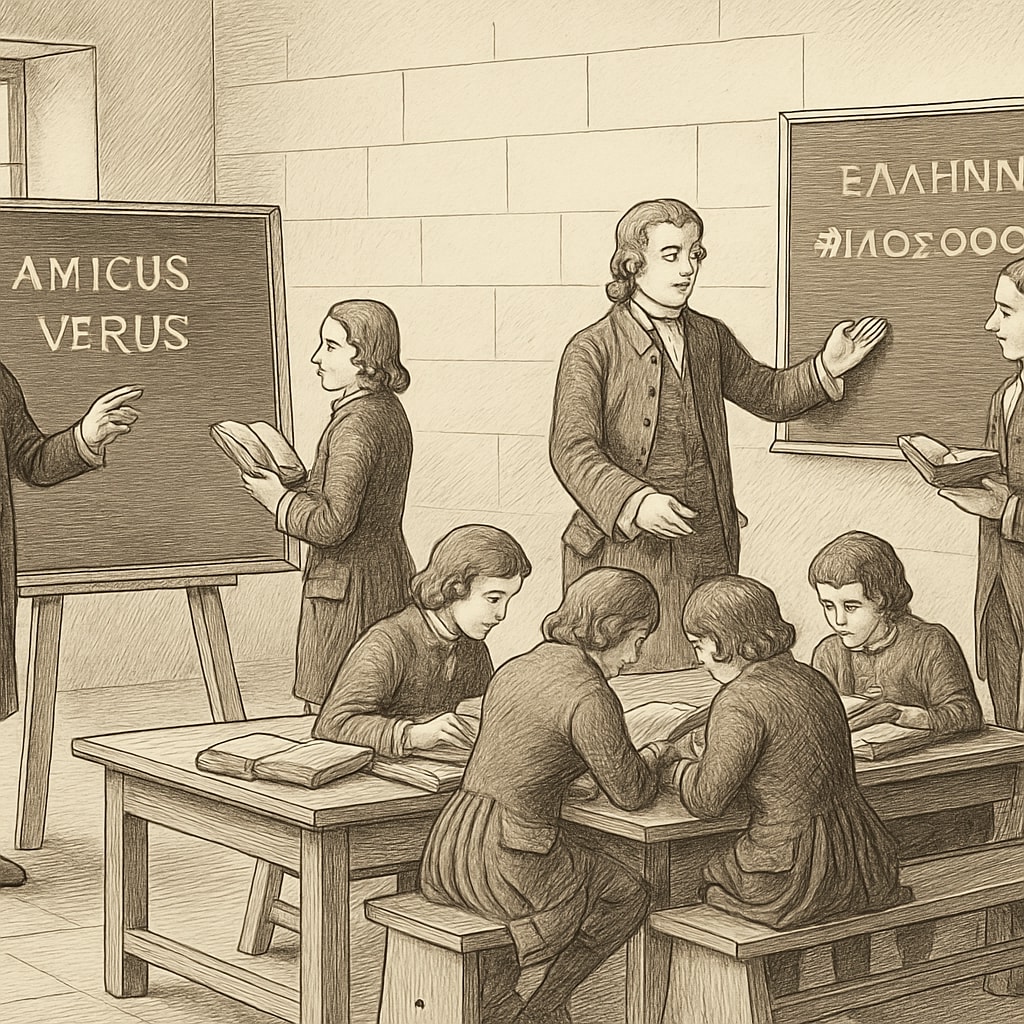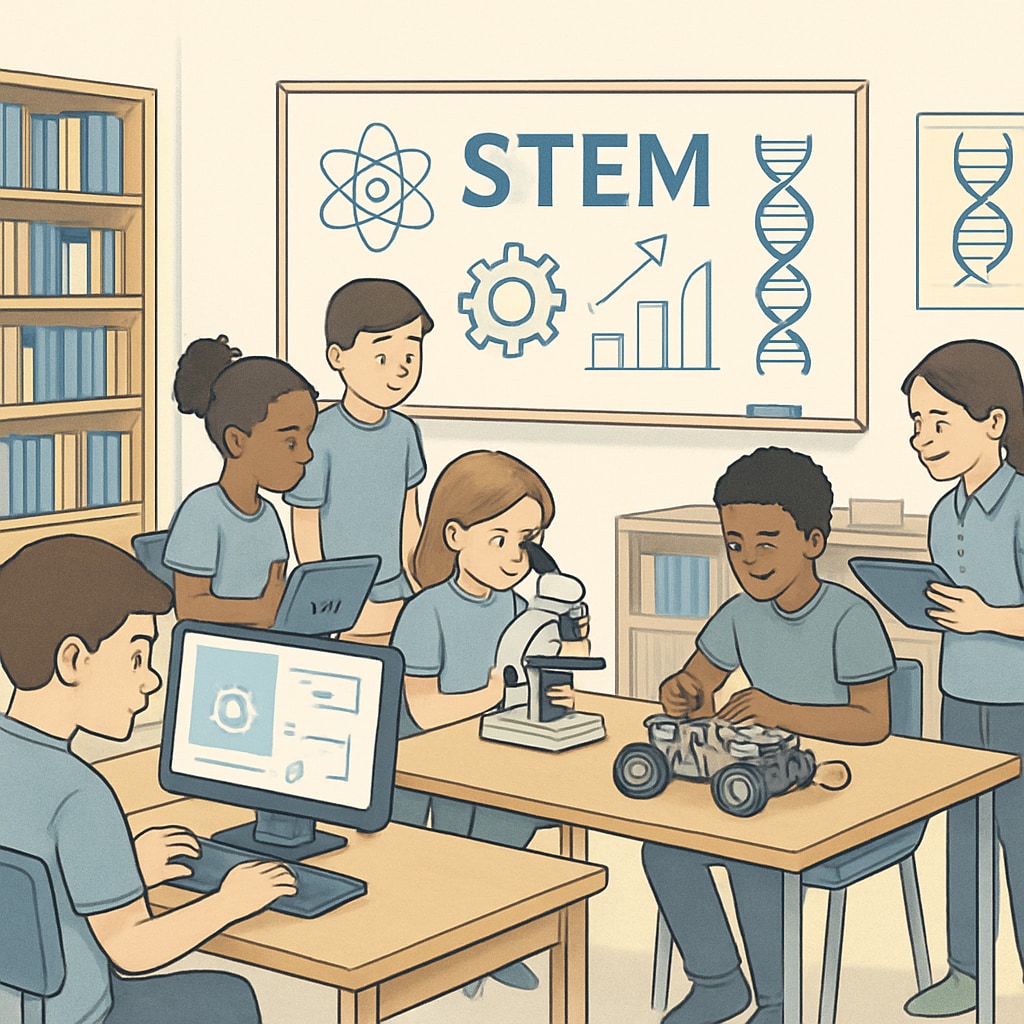Classical education, once the cornerstone of intellectual development for America’s Founding Fathers, has undergone a significant decline over the past centuries. This educational model, rooted in the study of languages, philosophy, rhetoric, and logic, shaped leaders like Thomas Jefferson and James Madison. However, the rise of industrialization, shifting societal needs, and educational democratization have paved the way for modern approaches, leaving classical education to fade into the background. Understanding this transformation reveals much about the priorities of evolving civilizations.
From the Founding Fathers to Industrialized Education: A Historical Perspective
During the 18th and early 19th centuries, classical education was considered essential for leadership and civic engagement. It emphasized mastery of Latin and Greek texts, fostering analytical thinking and moral philosophy. This approach equipped America’s Founding Fathers with the tools to shape a new nation. However, the Industrial Revolution disrupted this tradition. As factories and new technologies emerged, the demand for practical skills, such as engineering and applied sciences, surged. Education systems adapted accordingly, focusing less on classical knowledge and more on vocational training.

Shifting Societal Priorities in the Modern Era
Another key factor in the decline of classical education is the democratization of education. In the mid-20th century, access to schooling expanded significantly, prioritizing inclusivity over exclusivity. Classical education, historically reserved for the elite, was deemed impractical for a diverse and rapidly growing student population. Modern curricula began emphasizing STEM (science, technology, engineering, and mathematics) subjects to meet the demands of a technologically advanced society, leaving classical subjects like rhetoric and philosophy behind.
For example, the focus on STEM aligns with global economic competitiveness, aiming to prepare students for careers in innovation-driven industries. While this shift has undeniably benefited economic progress, it has also diminished the emphasis on critical thinking and ethical reasoning, hallmarks of classical education.

Why Classical Education Still Matters
Despite its decline, classical education continues to offer valuable lessons for the modern world. Its emphasis on critical thinking, moral philosophy, and articulate communication remains relevant in addressing complex societal challenges. Advocates argue for integrating classical principles into modern curricula, creating a balanced approach that nurtures both practical and intellectual skills.
For instance, schools adopting hybrid models have found success in combining classical texts with contemporary subjects. These programs encourage students to engage deeply with ideas, fostering not only academic success but also the ability to think critically about ethical dilemmas and global issues.
Readability guidance: This article uses short paragraphs and clear headings to ensure accessibility. Lists and examples illustrate key points, while transitional phrases like “for example” and “as a result” maintain flow. Passive voice is minimized for better engagement.


